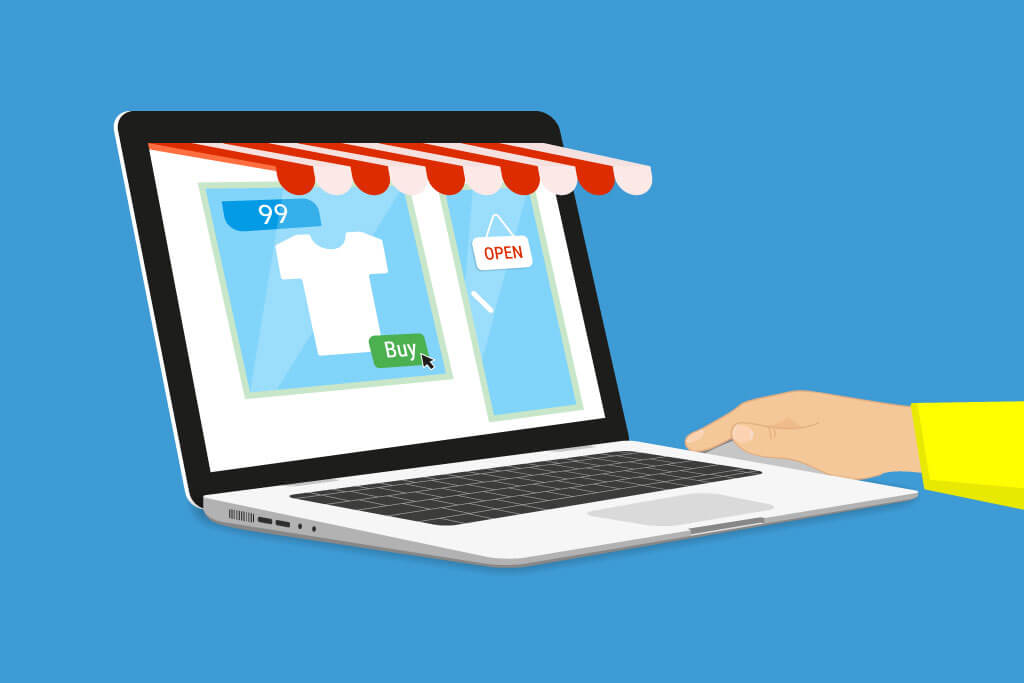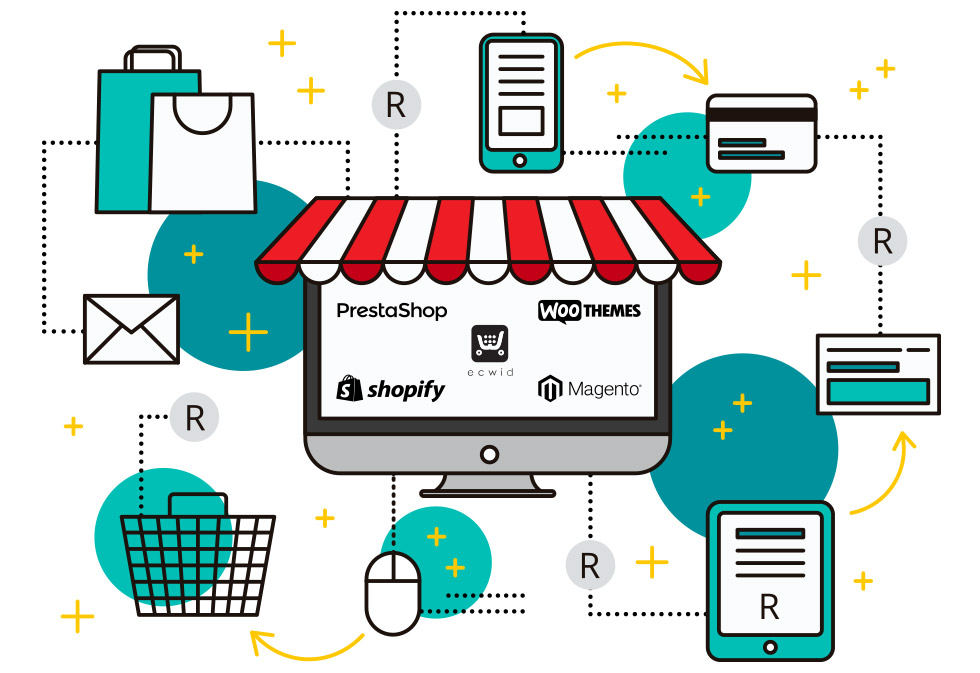How to Start an E-Commerce Business: A Step-by-Step Guide
Want to start an E-commerce business? Here is a complete guide.
It’s easier than ever to get the resources you need to build an online business and reach new clients. According to research, e-commerce sales in Pakistan alone are predicted to reach $7 billion by 2023. This is an excellent opportunity to launch your e-commerce website using free e-commerce builders and establish a unique niche market. But with this ability come many problems.
There’s a lot to think about when figuring out how to start an e-commerce business. Taking the first step can be difficult, but it does not have to be.
- First, start working on the basics of your e-commerce business strategy, including what you will sell online and how you will sell it.
- Make a plan for how you want to handle the world of e-commerce, then decide what factors are critical to your success.
- You can quickly build your brand and start your e-commerce business if you have a good plan and practical strategies.
A Step-by-Step Guide To Start an E-Commerce Business
1. Do Your Research

Before doing your research, you need to know what e-commerce is. E-commerce, also known as (electronic commerce), is the exchange of products and services and the transfer of money and data through an online platform, usually the Internet. These business transactions are done either B2B (Business to Business), B2C(Business to Consumer), or C2B (Consumer to Business).
Start by learning about e-commerce companies. Never start a business on a whim. Managing your online business is a significant investment. Also, keep in mind that there is no other way to succeed. Think of software as a service, service-based companies, tangibles, and digital products; knowing the different types of businesses is essential before choosing what products to sell.
2. Choose Your Niche

To start an e-commerce business you must need to choose a niche. Planning an online business project will be easy if you have the right topic. It is crucial to have a solid idea of the type of business you want to run, research the trade and find out about competing firms in the same field.
E-commerce has seen a lot of growth in recent years. Because of this, there is no shortage of research opportunities to identify the best location. Consider different ways to differentiate your business from the competition. Do this before starting the business.
3. Choose Your Product to start an online business

The next step in establishing an online business is figuring out what to sell. One of the most challenging parts of starting a new e-commerce business is this. Decide whether you want to sell your items retail or directly to customers. Look for product opportunities and innovative and fresh product ideas. Even trending products can drive new business to identify the perfect product.
Find any gaps in the market that your service or product might be able to fill. Don’t give up even if you’re selling something currently available. Just do your best to offer something that no one else can. Figuring out where and how to buy the product is the next step after developing a solid product idea. Find a reliable supplier that will supply the new store with high-quality products.
4. Pick Your Business Name

One of the most complex parts of opening an online store is choosing a brand name. You’ll need to think of something that stands out, clearly represents your brand, and hasn’t been used by anyone else. Try the following when choosing a company brand.
- Simple is best
- Separate yourself
- Be creative
- To be unique
To help you come up with ideas for unique names, try using a business name generator. You should register it as an online domain as soon as you think of it and confirm that no one else is already using it. Use your web address to build your internet business and brand, making it easy for others to find you online.
5. Create Your Product

Once you thoroughly know the product, business model, market, and niche, move on. These are all the essential data you need to create a product with growth potential. If the plan is to sell existing products, develop possible options. Then list potential products to fit the brand you’re building.
It’s essential to market products that connect with your target audience while maintaining ideal brand values and purpose. Your chances of success increase if you can regularly deliver products that resonate with your target audience and brand. Moreover, it can increase brand loyalty among customers and encourage customer loyalty.
Note: (The most successful products help users solve specific problems). To develop new products, it is important to focus on solving these problems.”
6. Start Marketing

After setting up your store with the best software, start marketing. Find strategies to increase sales. Developing effective marketing techniques is essential if you run an online business. It should successfully increase website traffic. Then, you can use paid advertising, social media marketing, and email marketing to generate revenue for leads.
Promote your website on various social media platforms. Publish niche-related content on YouTube, Twitter, and Instagram. In your marketing strategy, try different techniques, such as Instagram marketing or working with affiliate marketers. Use shoppable pages to make it easy for customers to purchase your items.
7. E-Commerce Platforms and Vendors

An e-commerce platform is a software for managing an online store. E-commerce platform options are available for both small and large businesses. Online stores such as Amazon and eBay are examples of e-commerce platforms which require user account registration and minimal IT development.
SaaS is an alternative e-commerce platform design where business owners pay a monthly fee to rent space in a cloud-hosted service. Neither in-house development nor on-site infrastructure is necessary with this strategy. Open source platforms are one of the additional e-commerce platforms.
They require a hosting environment, on-site or in the cloud, or completely manual setup and management. Following are some examples of e-commerce marketplace platforms:
- Alibaba
- Amazon
- eBay
- Etsy
- Overstock
- Newegg
- Wayfair
Conclusion
With the help of this article, you will get guidelines before starting an e-commerce business, which will make your future business life easier if you follow our instructions. You will be ready to build your online business when you have the necessary knowledge. For a new entrant in the market, the path to business is exciting and challenging.
Although there will be difficulties along the way, you will also be proud of your achievements. When there are concerns, they will need to address. There will also be instances when you meet amazing people with whom you can share many ideas. Despite the challenges, starting an online business offers its advantages. As a result, you will have exciting experiences.